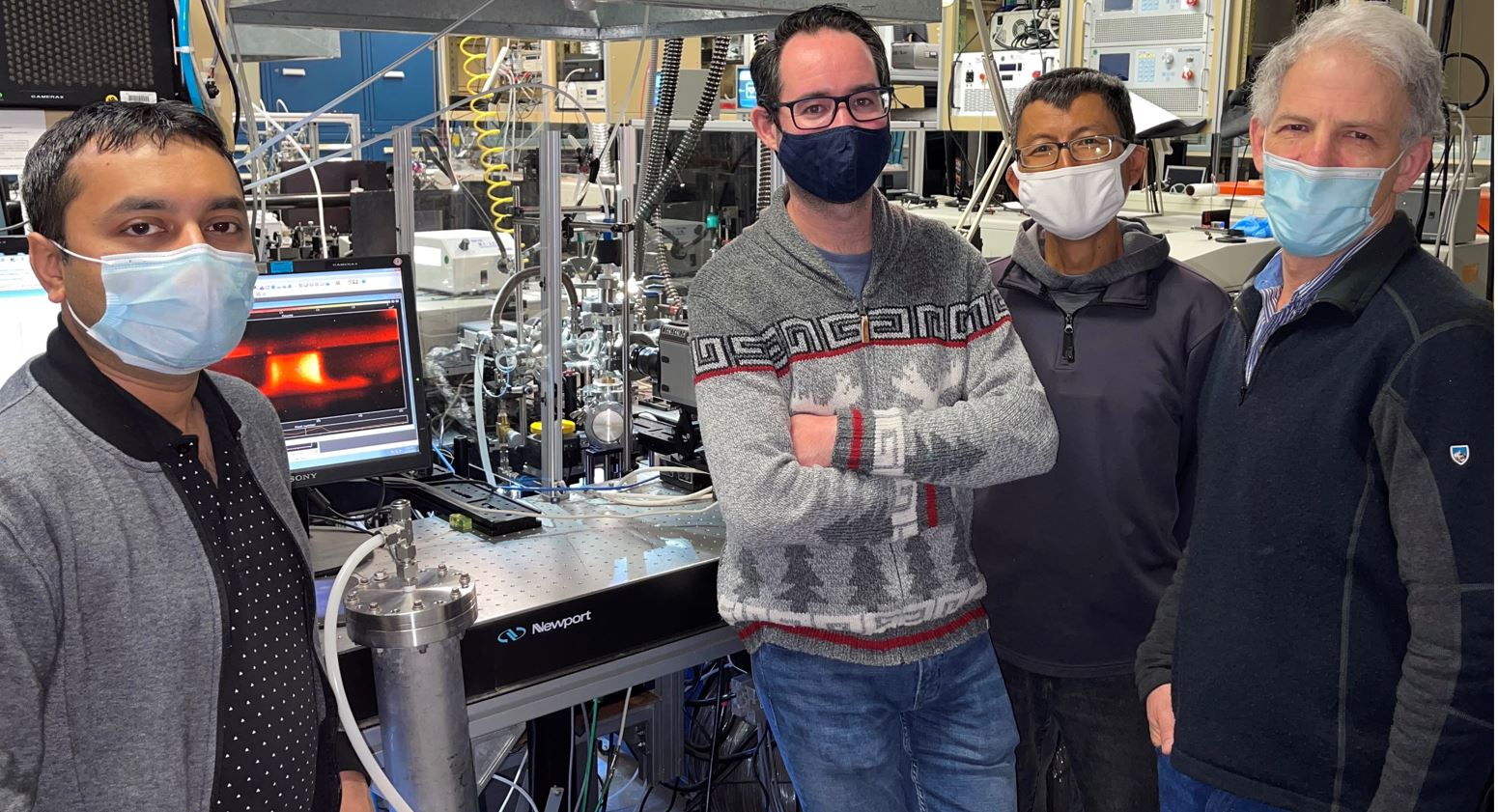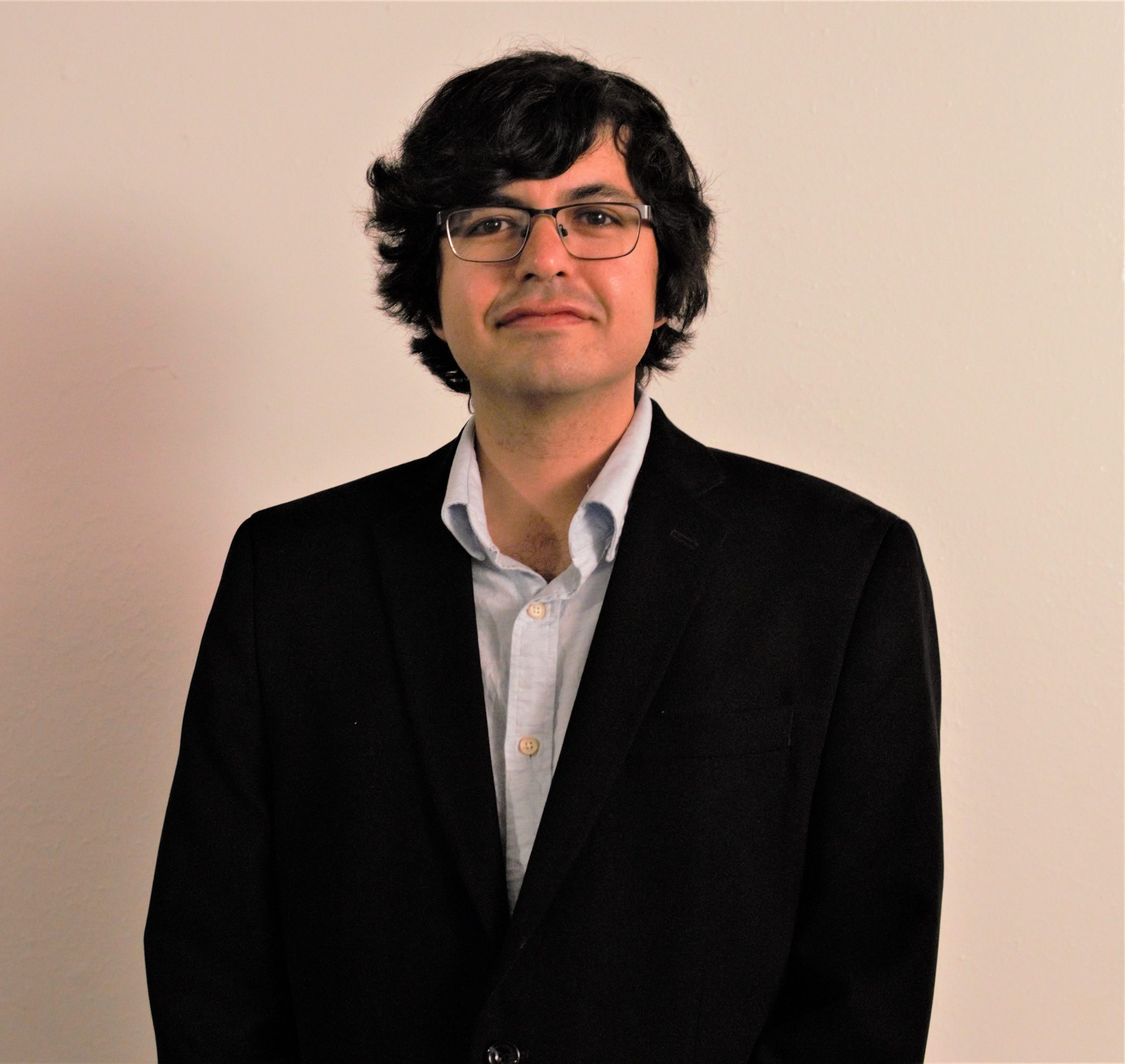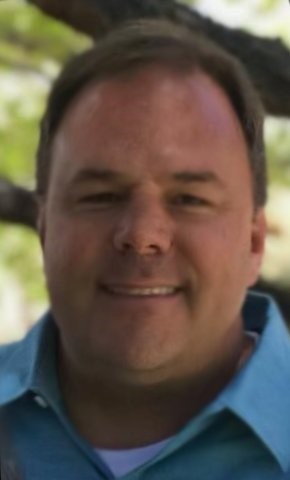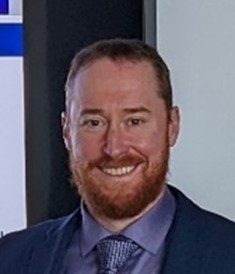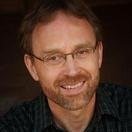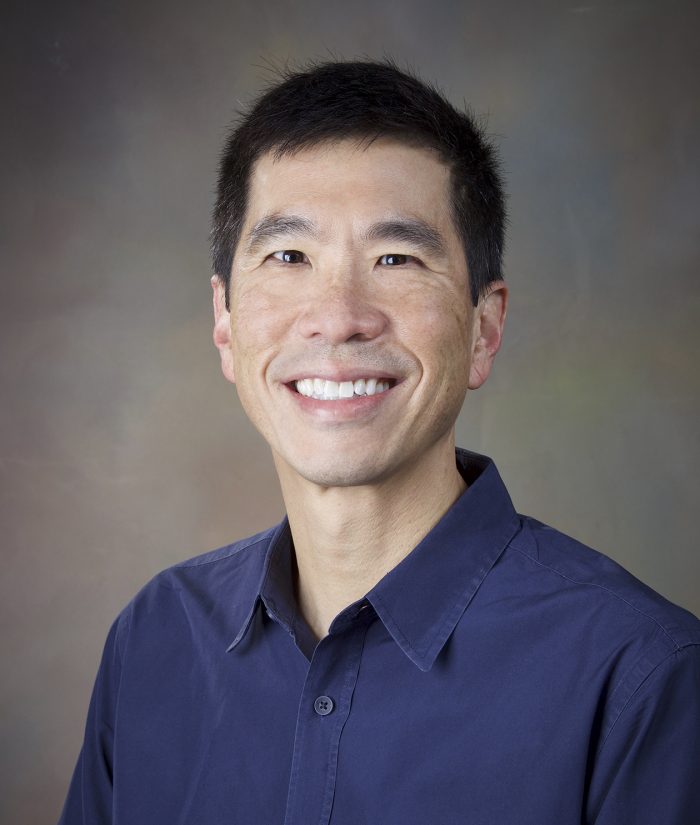News Article, March 10, 2021 • Sandia scientists use 3D-printed rocks, machine learning to detect unexpected earthquakes Sandia geoscientists used 3D-printed rocks and an advanced, large-scale computer model of past earthquakes to understand and prevent earthquakes triggered by energy exploration. Injecting water underground after unconventional oil and gas extraction, or fracking, geothermal energy stimulation and carbon...



